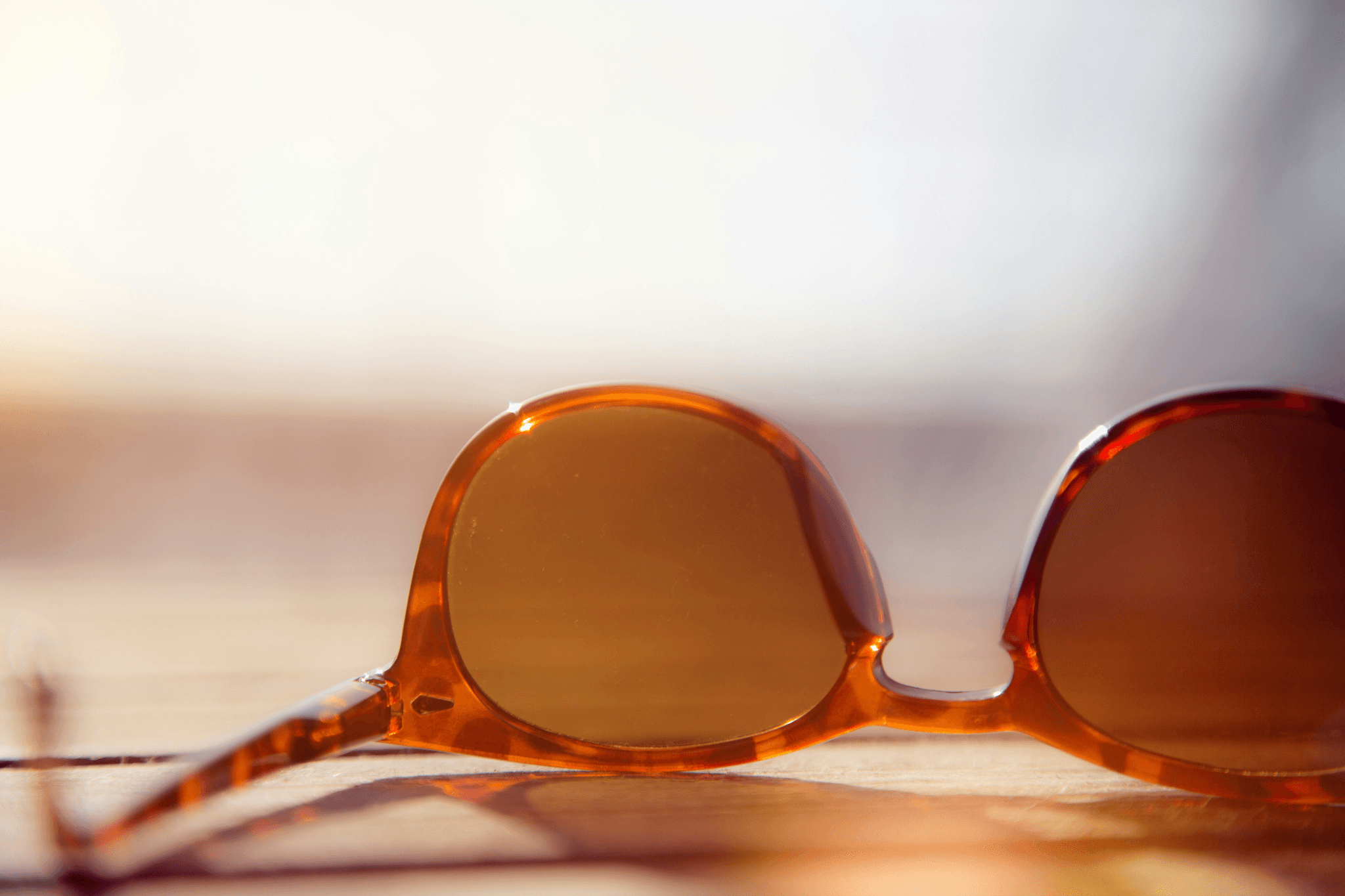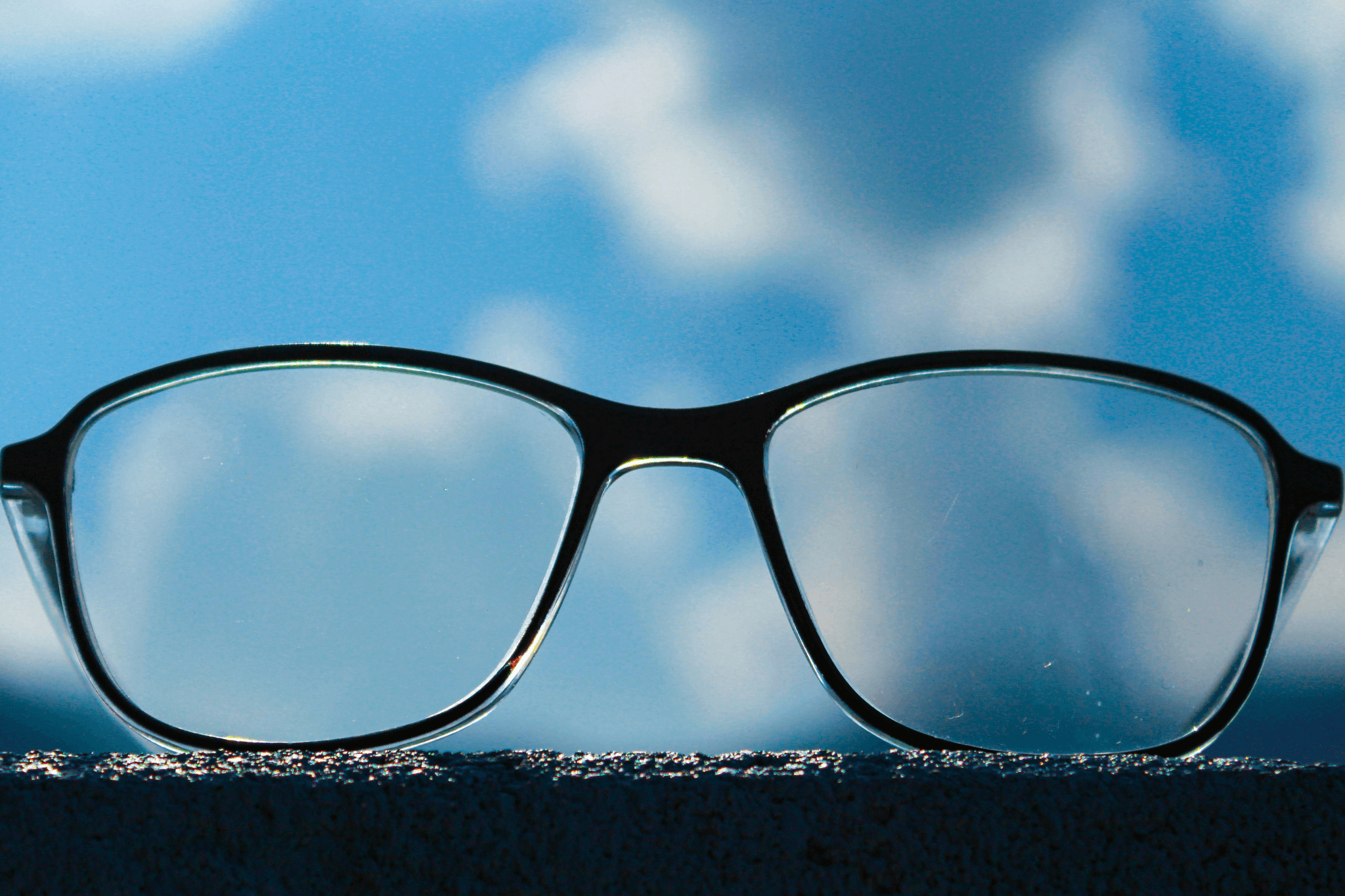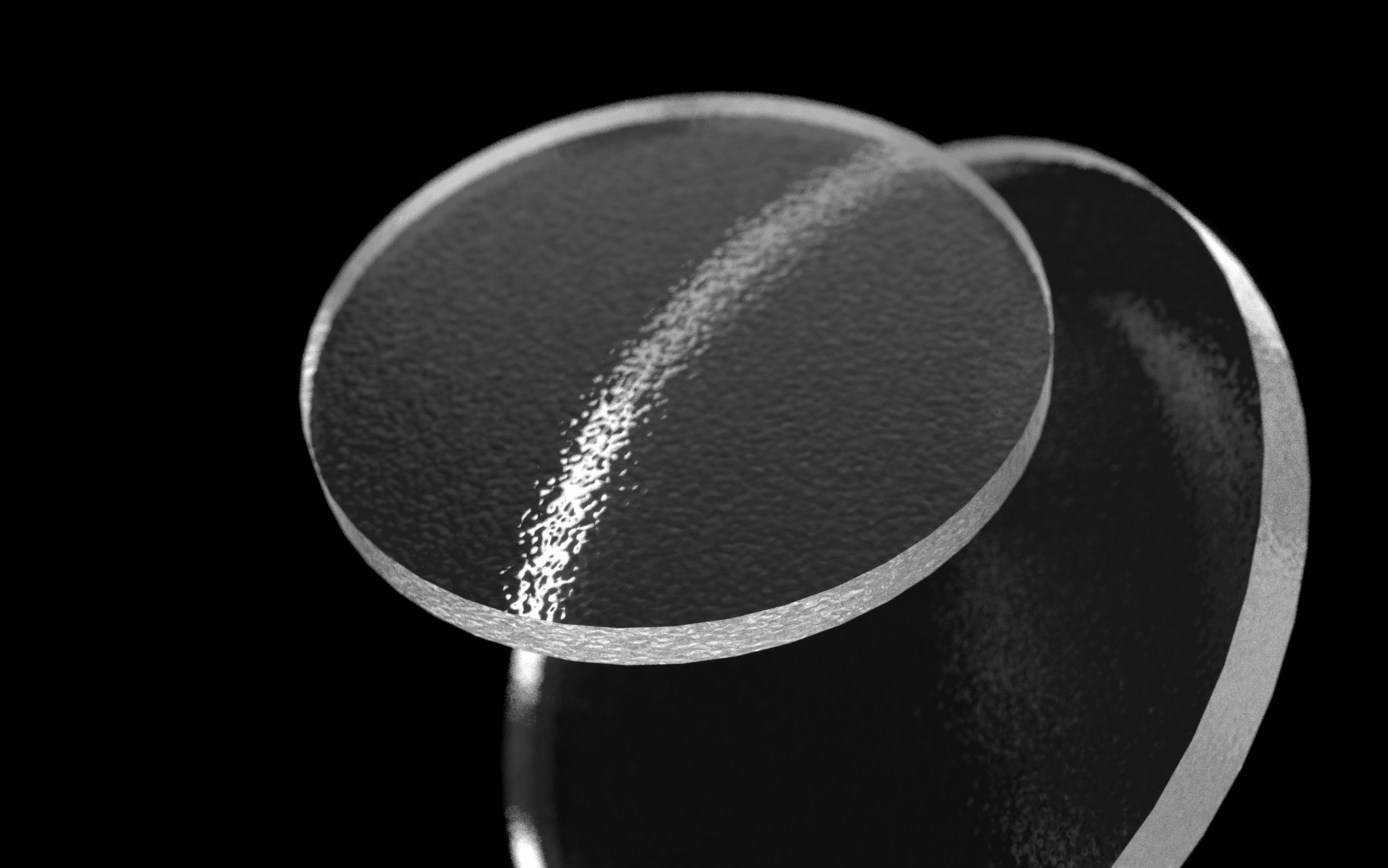Introduction

With options like polycarbonate and tri-acetate cellulose lenses, knowing the pc lens meaning and how these materials stack up can make all the difference in your eyewear experience. In this guide, we will dive into the characteristics of PC and TAC lenses, helping you make an informed decision for your next pair of polarized sunglasses.
Understanding Lens Types in Sunglasses
Sunglasses are not just a fashion statement; they're essential for protecting your eyes from harmful UV rays. The type of lens you choose can significantly affect both comfort and clarity while wearing prescription glasses or regular shades. By familiarizing yourself with various lens materials, including their benefits and drawbacks, you can select a pair that meets your specific needs.
Exploring PC Lens Meaning
PC lens meaning refers to polycarbonate lenses known for their lightweight yet durable properties. These lenses are often recommended for prescription glasses due to their impact resistance and optical clarity. If you're considering polycarbonate lenses sunglasses or prescription lenses for glasses, understanding what makes them unique is essential in making an informed choice.
Unpacking TAC Lens Characteristics
TAC (Tri-Acetate Cellulose) lenses offer a different approach to eyewear design with features that enhance visual comfort and protection. Known for their superior scratch resistance compared to other materials, TAC lenses are popular in both regular sunglasses and polarized sunglasses applications. By unpacking TAC lens characteristics, you'll gain insight into why they might be the perfect fit for your lifestyle.
What Are PC Lenses?

Polycarbonate lenses, often referred to simply as PC lenses, are a popular choice in the eyewear industry due to their unique properties and versatility. These lenses are made from a high-quality thermoplastic material known for its strength and lightweight nature. Understanding the pc lens meaning is essential for anyone looking to invest in durable and effective eyewear.
Definition and Overview
PC lenses are made from polycarbonate, a type of plastic that is incredibly strong yet lightweight, making it an ideal option for both sunglasses and prescription glasses. Unlike traditional glass or standard plastic lenses, polycarbonate offers superior impact resistance and can withstand significant force without shattering. This makes them particularly appealing for active individuals or those who work in environments where eye safety is a concern.
Benefits of Polycarbonate Lenses
One of the standout benefits of polycarbonate lenses is their remarkable durability; they are virtually unbreakable compared to other lens materials like glass or standard plastic. Additionally, these lenses provide excellent UV protection, shielding your eyes from harmful rays while enjoying outdoor activities or driving under the sun. The lightweight nature of polycarbonate also makes them comfortable for all-day wear, whether you're donning sunglasses polarized sunglasses for a beach day or prescription glasses during your daily commute.
Common Uses in Eyewear
Polycarbonate lenses find their way into various eyewear applications due to their robust characteristics; they are commonly used in safety glasses, sports eyewear, and children's glasses where durability is paramount. Moreover, many brands offer stylish options featuring polycarbonate lenses sunglasses that combine fashion with function seamlessly. For those needing prescription glasses prescription options, polycarbonate serves as an excellent choice due to its adaptability for prescription lenses for glasses without compromising on quality or comfort.
What Are TAC Lenses?

Tri-Acetate Cellulose (TAC) lenses are a popular choice in the world of eyewear, particularly for sunglasses. These lenses are made from a type of plastic that offers impressive optical clarity and lightweight comfort. Understanding TAC lens characteristics can help you make informed decisions when selecting sunglasses or prescription glasses.
Features of Tri-Acetate Cellulose Lenses
TAC lenses boast several notable features that set them apart from other lens materials. One of their primary attributes is their ability to provide excellent UV protection, which is crucial for safeguarding your eyes against harmful rays while enjoying outdoor activities. Additionally, TAC lenses are known for their lightweight nature, making them comfortable to wear throughout the day without causing strain on your nose or ears.
Another significant feature of TAC lenses is their superior optical clarity, which ensures that colors remain vibrant and true to life. This clarity is especially beneficial for polarized sunglasses, as it enhances visual performance in bright conditions and reduces glare from reflective surfaces like water or roads. Moreover, TAC lenses often come with anti-reflective coatings that further enhance your vision quality by minimizing distracting reflections.
Advantages of TAC in Sunglasses
First and foremost, they offer exceptional protection against harmful UV rays while ensuring a clear line of sight—perfect for those who spend time outdoors or engage in sports activities. The combination of lightweight design and effective UV shielding makes them an ideal choice for everyday wear.
Another key advantage is the affordability associated with TAC lenses compared to some other materials like polycarbonate lenses sunglasses. This means you can enjoy high-quality eyewear without breaking the bank—a win-win situation! Plus, many manufacturers offer stylish designs featuring these lenses, allowing you to express your personality while protecting your eyes.
Finally, TAC's durability plays a vital role in its popularity among sunglass wearers. While not as impact-resistant as polycarbonate options, they still provide decent resistance against scratches and minor impacts—making them suitable for casual use during daily adventures.
Comparison with Other Lens Materials
When comparing TAC lenses with other materials like polycarbonate or glass options, several factors come into play that can influence your decision-making process regarding prescription glasses or sunglasses polarized sunglasses choices. Polycarbonate lenses are known for their superior impact resistance but often come at a higher price point than their TAC counterparts; this makes understanding pc lens meaning crucial when weighing costs versus benefits.
In contrast to traditional glass lenses—which can be heavy and prone to shattering—TAC offers a more balanced approach by providing both lightweight comfort and decent durability without compromising on optical quality. Many users find that while glass may excel in scratch resistance compared to both PC and TAC options; the latter two provide greater versatility regarding weight and safety during physical activities.
Ultimately, choosing between these materials boils down to personal preferences regarding style preferences alongside practical considerations such as cost-effectiveness versus desired performance levels across various environments where eyewear will be utilized regularly.
Durability Showdown: PC vs. TAC

Impact Resistance of PC Lenses
PC lenses are renowned for their impressive impact resistance, which makes them a popular choice for active individuals and outdoor enthusiasts. The pc lens meaning highlights the strength of polycarbonate material, as it is known to withstand significant force without shattering or breaking easily. This characteristic makes polycarbonate lenses sunglasses ideal for sports and recreational activities where accidental drops or impacts are common.
Moreover, the durability of polycarbonate lenses extends beyond just sunglasses; they are also widely used in prescription glasses for those who lead a more adventurous lifestyle. If you're someone who often finds themselves in situations where your eyewear might take a hit, opting for polycarbonate lenses could save you from frequent replacements. Their resilience ensures that your vision remains clear and protected, no matter what life throws at you.
Scratch Resistance of TAC Lenses
While TAC lenses may not boast the same level of impact resistance as PC lenses, they shine when it comes to scratch resistance. The unique properties of tri-acetate cellulose allow these lenses to resist everyday scratches effectively, ensuring that your sunglasses remain clear and functional over time. This quality is particularly beneficial if you're frequently using polarized sunglasses outdoors where grit and debris can easily mar lens surfaces.
Additionally, TAC's scratch-resistant feature makes it an excellent choice for prescription glasses prescription users who want longevity without compromising clarity. While both lens types offer durability, if scratches are your main concern due to daily wear-and-tear or environmental factors, TAC might be the better option for you. Ultimately, balancing impact resistance with scratch protection will depend on how you intend to use your eyewear.
Practical Implications for Sunglass Wear
The implications of choosing between PC and TAC lenses extend beyond mere specifications; they directly affect your overall experience with sunglasses or prescription glasses. If you're looking into polycarbonate lenses sunglasses primarily for sports or high-impact activities, you'll appreciate the peace of mind that comes with their superior impact resistance—no more worrying about shattered frames mid-game!
On the other hand, if style and everyday wear are more important than ruggedness—especially if you often find yourself in environments prone to scratches—TAC could be your go-to choice without sacrificing visual clarity or comfort in prescription glasses for glasses users. Ultimately, understanding these practical implications allows you to select eyewear that not only meets but exceeds your expectations based on lifestyle needs.
Optical Clarity: PC vs. TAC

Understanding the differences in clarity and light transmittance between PC (polycarbonate) lenses and TAC (tri-acetate cellulose) lenses can help you make an informed choice for your eyewear needs.
Clarity and Light Transmittance
PC lens meaning often relates to their impressive ability to provide clear vision while blocking harmful UV rays. Polycarbonate lenses are known for their high impact resistance, but they also excel in light transmittance, allowing for vibrant colors and sharp details. On the other hand, TAC lenses offer excellent optical clarity as well, though they may not always match the light transmittance levels of polycarbonate options.
In prescription glasses, clarity is crucial since any distortion can affect vision correction. When choosing prescription lenses for glasses or sunglasses polarized sunglasses with enhanced clarity features are essential for reducing glare and improving visual comfort. Ultimately, both PC and TAC lenses have their strengths when it comes to providing clear vision under varying lighting conditions.
Polarized Sunglasses Benefits
One of the standout features of many sunglasses is polarization, which significantly enhances visual comfort by reducing glare from reflective surfaces like water or roads. While both PC and TAC lenses can be made polarized, polycarbonate polarized sunglasses tend to provide superior performance in high-glare environments due to their inherent durability and lightweight nature. This makes them a popular choice among outdoor enthusiasts who need reliable eyewear that won’t compromise on safety or comfort.
For those considering prescription glasses prescription with polarized options, understanding the benefits of polarization is essential for making an informed decision. Not only do polarized sunglasses improve visibility during bright days but they also help reduce eye strain over time—an important factor if you spend long hours outdoors or behind the wheel. So whether you’re hitting the beach or going on a scenic drive, investing in quality polarized sunglasses can make all the difference.
Real-World Applications
The real-world applications of PC versus TAC lenses extend beyond just aesthetics; they play a significant role in determining how effectively your eyewear performs in everyday situations. For instance, if you're engaging in sports or outdoor activities where impact resistance is vital, polycarbonate lenses are often recommended due to their toughness and ability to withstand rough conditions without shattering easily.
Conversely, if you're looking for stylish prescription glasses that offer great optical qualities without compromising on fashion trends—TAC might just be your go-to option! Both lens types cater well to diverse lifestyles; whether you're after functional polycarbonate lenses sunglasses or chic TAC designs that fit seamlessly into your daily wardrobe—there’s no shortage of choices available today.
Cost Considerations for Eyewear

When it comes to eyewear, understanding the cost of different lens types is crucial for making an informed decision. The price of sunglasses can vary significantly based on the type of lenses used, whether they are polycarbonate lenses or TAC lenses. Additionally, if you're looking into prescription glasses, it's important to factor in the cost of prescription lenses for glasses as well.
Price Range of PC Lenses
Polycarbonate lenses are known for their durability and impact resistance, but this quality often comes at a price. Typically, the price range for polycarbonate lenses sunglasses can start from around $50 and go up to several hundred dollars depending on brand and features like polarization. For those seeking prescription glasses with polycarbonate lenses, expect similar pricing structures that reflect both lens quality and any additional coatings or treatments you may choose.
TAC Lenses in the Market
TAC (Tri-Acetate Cellulose) lenses are generally more affordable than their polycarbonate counterparts, making them a popular choice among budget-conscious consumers. Prices for TAC sunglasses usually range from $20 to $100, depending on factors like brand reputation and lens features such as UV protection or polarization. If you're considering prescription glasses with TAC lenses, you might find that they offer a cost-effective solution without sacrificing essential benefits.
Balancing Quality and Affordability
Finding the right balance between quality and affordability is key when choosing between PC and TAC lenses. While polycarbonate offers superior impact resistance ideal for active lifestyles, TAC provides decent performance at a lower price point—perfect if you're looking for stylish polarized sunglasses without breaking the bank. Ultimately, whether you opt for prescription glasses or standard eyewear, it's essential to weigh your priorities against your budget to ensure you get the best value while meeting your visual needs.
Conclusion
In the world of eyewear, choosing the right lens can make all the difference in comfort, style, and functionality. Whether you’re opting for polycarbonate lenses sunglasses or exploring TAC options, understanding the pc lens meaning is essential to making an informed decision. Ultimately, your choice should align with your lifestyle needs, preferences, and budget.
Choosing the Right Lens for Your Needs
When selecting lenses for your sunglasses or prescription glasses, consider factors like durability, optical clarity, and cost. If you lead an active lifestyle or work in environments where impact resistance is crucial, polycarbonate lenses might be your best bet due to their superior strength. On the other hand, if scratch resistance is a priority and you prefer polarized sunglasses for glare reduction during outdoor activities, TAC lenses could be more suitable.
Insights on Prescription Glasses and Lenses
Prescription glasses come with a variety of lens options tailored to individual vision needs. For those requiring prescription lenses for glasses that offer both protection and clarity, understanding which material suits your daily activities is vital. Whether you opt for polycarbonate options or TAC alternatives in your prescription glasses prescription can significantly impact comfort and performance throughout your day.
Why Aisen Optical Stands Out in Eyewear Quality
Aisen Optical has established itself as a leader in quality eyewear by combining innovative lens technology with stylish designs that cater to diverse preferences. Their commitment to providing high-quality polycarbonate lenses sunglasses ensures customers receive durable products without sacrificing style or comfort. With a wide range of options including polarized sunglasses that enhance visual clarity while protecting against harmful UV rays, Aisen Optical truly stands out as a trusted name in eyewear.
